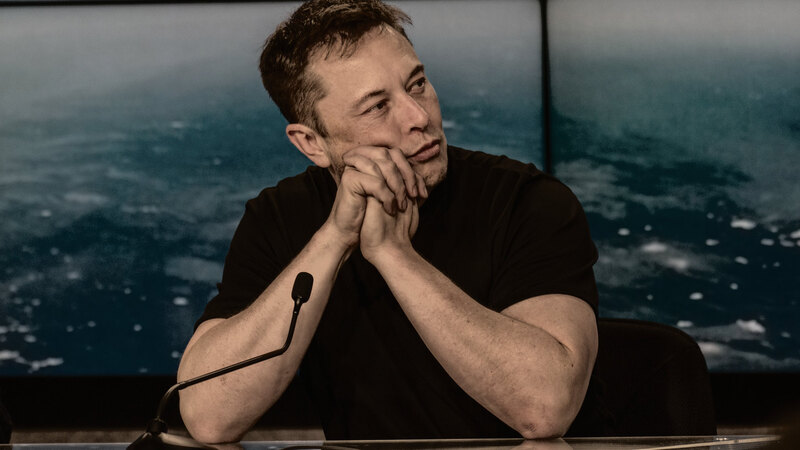Elon Musk said that the first human received a Neuralink brain implant, a potential milestone in the development of “brain-computer interface” technology that could one day help those suffering from debilitating conditions such as paralysis to interact with their surroundings.
Musk tweeted late Monday that the patient had received the implant the prior day and was “recovering well,” suggesting that the surgery was completed successfully and that there were no serious technical problems. Musk didn’t disclose details about the patient. When Neuralink said last September that it was recruiting a trial participant, it said it was looking for someone suffering from quadriplegia.
Musk added that initial results show promising “neuron spike detection,” suggesting further that the Neuralink device is detecting signals from individual neurons inside the brain, a potential advance that could decode higher-quality brain signals. Musk didn’t say how many neurons the company’s device is detecting. The company didn’t provide detailed safety and efficacy data that would be needed to gauge the success of the implant, researchers said.
The news of the human implantation was heralded as a new frontier that can improve the lives of severely disabled and paralyzed people and a development that will require close ethical and regulatory scrutiny. While memes exploded on social media after Musk’s announcement, with some showing mock-ups of human-robot combinations from science fiction lore, the primary application for the technology is for people with severely constricted movement and function. Even for these people, it is expected to take years for the technology to develop and become available.
Elon Musk Says Neuralink Has Implanted Brain Chip in Human

Elon Musk by Daniel Oberhaus is licensed under Flickr Daniel Oberhaus
Elon Musk by Daniel Oberhaus is licensed under Flickr Daniel Oberhaus

